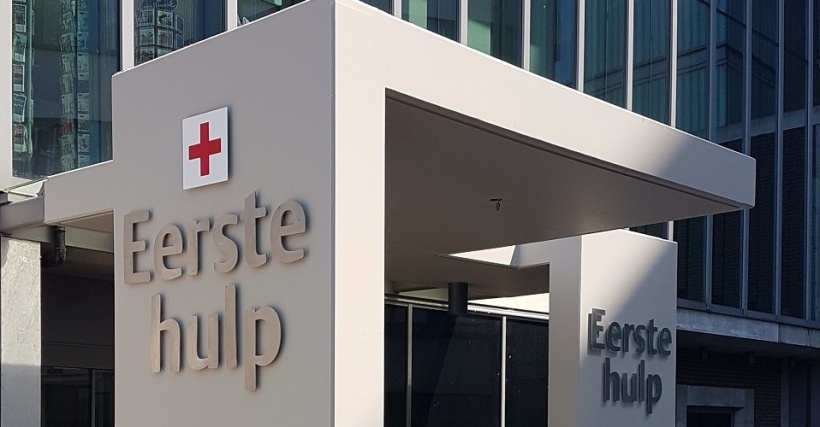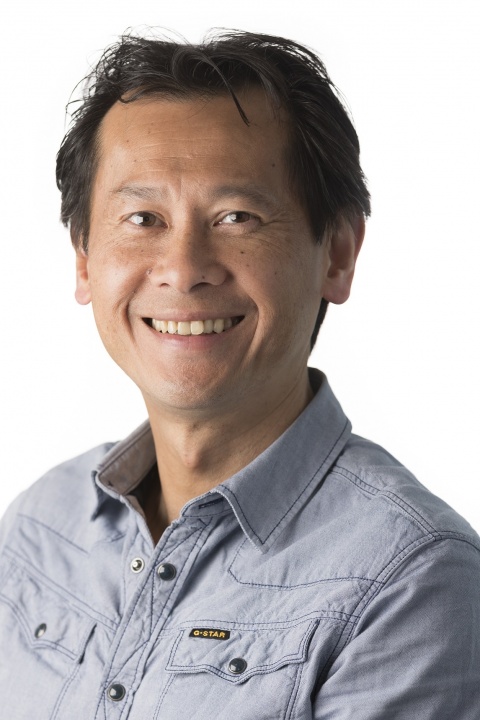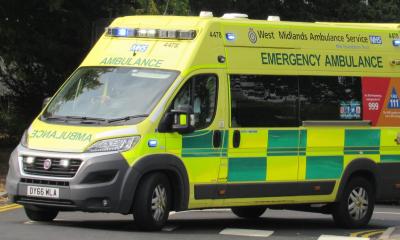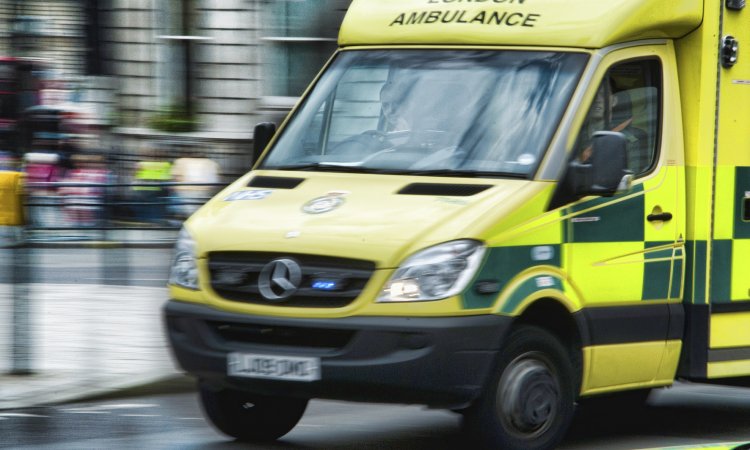
Article • Physicians protest
Overworked family doctors sound the alarm
Three quarters of Dutch general practitioners (GPs: family doctors) experience an increasing work pressure, according to a recent survey of the National Association of General Practitioners (LHV). Especially evening, night and weekend services at GP Emergency Posts (Dutch: HAP) are found to be heavy duty, in addition to their daily practice.
Report: Madeleine van de Wouw
Too big a success
Established some 15 years ago to relieve individual service pressure on GPs and to improve healthcare, the HAPs (which are not Hospital Emergency Posts) soon became too big a success. Initially intended for patients needing urgent care, they HAPs are increasingly used by patients who either don’t have a personal family doctor, or by those who actually don’t have urgent medical issues. This puts at risk patients who do need immediate care, because they might have to wait longer. It also increases healthcare costs and, to make enlarge the problem, work pressure has increased rather than decreased. The HAP, in itself, has become an emergency.
Different questions

Besides the extra HAP work, population aging, increasing psychological complaints, refugees influx, decentralisation of youth care and on-going care for chronic patients are factors in increasing work pressure. ‘People are becoming increasingly concerned with health and want to resolve issues and complaints immediately,’ observes Andy Kwee (50), an independent GP in Almelo, with a medium-size practice (approximately 2,200 patients). ‘The most important task of a GP was to make a diagnosis. Nowadays patients check their medical complaints on the Internet and find the most terrible diseases. As family doctors it’s our job to reassure the patient, make him or her feel comfortable again and after that try to diagnose. Given all of that, the ten minutes we have for a consultation are not nearly long enough.’
Administrative hassle
In addition to all this the GP received additional duties. For instance taking over certain forms of hospital care, such as monitoring diabetes patients. ‘And,’ Kwee points out, ‘there are so many forms and papers you have to fill in for healthcare providers, the government and health insurers. Then, I don’t even count the individual requests by patients who need a letter from me for some reason or other. Compared to 2015, the costs of staff in 2016 increased by 40 percent because I employed more assistants to take over some of my work. Our public health minister may emphasise that the pressure and the administrative hassle are not too bad, but unfortunately she’s wrong about that.’ This is confirmed by the LHV: ‘When choosing the policy to organise more care in the first line, the increased workload experienced by GPs was not well estimated in advance.’
Free days are not really free
GPs therefore go overboard to give their patients the quality of care and attention they would like to provide. ‘I’m still doing my job,’ Kwee emphasises, ‘but we’re stretched to the limit with all those extra tasks.’ Therefore, Kwee uses his scarce days off to manage administrative duties, and sometimes also patients. ‘Recently I had a patient requesting euthanasia. It’s impossible to give patients like this the time they need on a regular workday. You have to assist for at least for a couple of hours. So I went to see him and help him on my day off. I want give every patient of mine the care he deserves and needs.’
Plans for the future
The LHV survey is a first step in a larger plan to future-proof evening, night and day care where, in addition to GPs, also patient organisations, health insurers and the government are involved. For example, LHV is in consultation with the Ministry of VWS to invest part of the 2018 budget for more time for the patient, which is what doctors need: time; not only to invest in patients, but also in their practice. More doctors, more support staff. But, the future looks grim: the government wants to remove even more duties from medical specialists and hand them over to the GP because they receive a lower rate. This plan is really not executable with the average number of 2,200 patients per practice, the LHV believes. To achieve this, practices must be reduced to up to 1,800 patients; otherwise GPs will be even more overloaded. A side effect of this is that, because of GP shortages, more people will visit the HAP. It’s almost a vicious circle, which increases the risk of a burnout even more. Prevention of long-term stress and a good demarcation of the task package and workload are therefore important tasks for professional organisations (LHV, NHG, KNMG).
What to do
Possible solutions are adjustments in the GPs protocol. The Dutch GPs established this, but it proved to be not strict enough. Additionally, the splitting of services, triage by a GP, or task recruitment, and a shift in the division of work between HAP, ER and RAV (Ambulances) at night presents a great deal to win. Pilots will begin for these solutions before summer, with first results expected in autumn. Reducing administrative burdens is also important: fewer forms, fewer requirements. Both doctors and health insurers will benefit from that.
Doctors everywhere suffer the same stressful pressure
Fortunately, I still love my job
Andy Kwee
Andy Kwee: ‘There’s no difference in being a family doctor in a village or city,’ Kwee points out. ‘Everyone has to deal with increased stress and work pressure. Fortunately, I still love my job. My first priority is to provide good care to my patients, and I hope to be able to do so for a long time.’
Profile:
Andy Kwee MD is a general practitioner in a medium-size practice in Almelo, the Netherlands. He is responsible for the care of approximately 2,200 patients annually and currently finds the government increasingly piling bureaucracy onto his heavy workload.
14.06.2017






